Priority 2: Improving learning outcomes
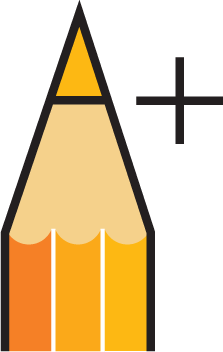
Our responsibility as a company is to play our full part in informing, shaping and making learning effective for people of all ages. This focus on learning outcomes is a critical part of our responsibility vision.
There is much debate over what makes for an effective education system. There is also a concern in both developed and emerging markets that individual institutions and entire education systems are no longer fit-for purpose for the modern world.
What role should businesses play? Governments, policymakers, teachers and students rightly expect that companies should research and report on the learning outcomes that come from their services and that they are transparent and responsible in their marketing and communications. They should also contribute to the wider debate on how education systems can be improved.
However, in the past, there were limitations on the extent to which a textbook publisher selling products to education institutions could measure their impact on learning outcomes. As our transition towards being an education technology and services provider gathers pace, so do the opportunities to help understand and inform on what works best to help students succeed. We recognise that as we become more directly involved in the process of learning, we are also more accountable for outcomes.
We believe that this is a business opportunity and that demonstrating effectiveness will benefit us by way of increased sales, market share and improved reputation. By taking the initiative, we believe we can make a difference to the quality of education and achieve business growth.
| We have: | We will: |
|
|
We aim to make a difference by:
- Ensuring that our own education programmes are developed and assessed for quality, efficacy and usability;
- Helping close achievement gaps for individual learners and schools;
- Focusing on teacher education and development;
- Helping share what works between education policymakers and generating new ideas.
Quality, efficacy and usability
Pearson's transition from textbook publisher to education
technology and service provider is a major strategic change. Where
we once sold products to education institutions, we now also
provide services, often online or digital, to help them and their
students to succeed. We are therefore increasingly becoming more
directly involved in the process of learning, and more accountable
for outcomes.
We are devoting significant resources to improving student
success and teacher institutional effectiveness.
Case study: Research in North America
A distinguishing characteristic for Pearson in the North American schools market is our ongoing significant investment in research and reporting on efficacy. We consistently employ randomised control trials - the gold standard in research - to determine the effectiveness of our curricula in the classroom and to evaluate the impact on student learning. We commission independent third-party research firms to work with school districts across the US to conduct these efficacy studies that use the same rigorous scientific model that the Department of Education's What Works Clearinghouse requires. Our research reports for 2011:
- 1. Reading Street Longitudinal Efficacy Study (Year Two Findings)
- 2. Words Their Way: A Response to Intervention Efficacy Study
- 3. Reality Central/Summary Scorer: A Response to Intervention Efficacy Study
- 4. focusMath: A Response to Intervention Efficacy Study
- 5. enVisionMATH: A Digital Path Case Study
- 6. High School Math Longitudinal Efficacy Study (Year Two Findings)
- 7. Elementary Interactive Science: An Extended Pilot Study
- 8. Middle School Interactive Science Efficacy Study
- 9. Chemistry Pilot Study
- 10. SuccessMaker Reading as a Supplement to Core Instruction Efficacy Study
- 11. Waterford Early Reading and Math Longitudinal Efficacy Study (Year One Findings)
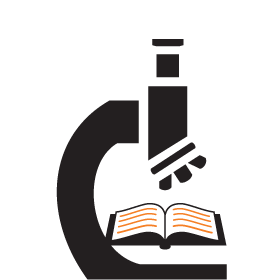
Case study: Usability
Our usability lab allows Pearson instructional design teams and researchers to develop and improve our programmes. Alongside the usability lab sits the Pearson iDEA Innovation Centre, a digital laboratory focused on user-centred design, software usability testing, and efficacy research for use by the business globally.
Case study: MyLab and Mastering
Pearson's pioneering 'MyLab' digital learning, homework and assessment programmes grew from to eight to ten million students registered in 2011. Evaluation studies show that the use of MyLab programmes can significantly improve student test scores and institutional efficiency.
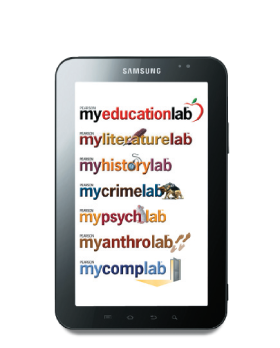
Closing achievement gaps
Pearson is investing in new models of education - both to set up new schools or help turn around struggling ones. Our aim is to make the fundamental changes necessary to the system to sustain improvements for the long term. We draw on Pearson's research and proven resources - including curriculum, assessment, technology, and teacher professional development products and services.
Case study: Bridge International Academies in Kenya
Bridge Academies offer quality schooling for less than $4 per month. How to extend access to quality schooling as an affordable option for the world's poorest people is a vitally important question. Pearson is a significant minority investor in Bridge, and views the Bridge model as having potential for providing low-cost schooling in other parts of the world as well. We have made a commitment for 2012 to look to further invest in new low-cost, sustainable solutions to schooling inviting others to partner with us. Learning outcomes are key metrics in our investment model.
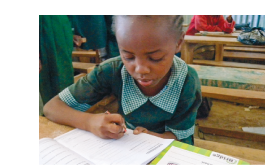
Case study: School Improvement Services in the United States
Our model of instruction, assessment, leadership development, professional development, coaching and ongoing consulting services is designed to help turn around schools, where students are having difficulty meeting state standards across multiple subjects. It has been applied in more than 2,000 schools in 38 states. For example, after one year of working with the lowest-performing elementary schools in Arkansas, students from America's Choice schools outpaced state gains in proficiency in both literacy and mathematics.

Teacher effectiveness
We work with teachers to improve teaching effectiveness with content and services that support teachers from their earliest undergraduate experiences and then throughout their teaching careers. We do this through our businesses and in partnership with others.
Case study: Educator effectiveness, Pearson North America
A priority for Pearson is to help teachers understand and improve their performance-what's working, what isn't and what they need to do to continuously improve their impact on student learning. By giving teachers the insight they need, they can set their own improvement plans and in turn reach students in ever more meaningful ways. In 2011, we launched our educator effectiveness programme in the US to offer this service. By bringing together classroom observation, student performance data, peer reviews and performance surveys, it is possible to start to develop tailored support for educators throughout their careers.
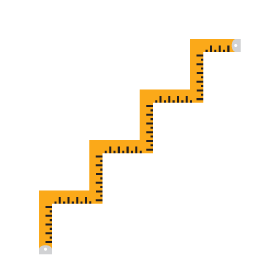
Case study: Great Colombian Teachers
The Great Colombian Teachers initiative aims to provide academic support and recognition to English language teachers in Colombia.
The initiative uses open-source content management software providing the means for teachers to contribute and share their thoughts and ideas.
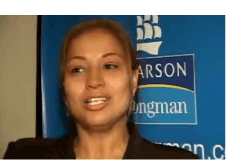
Case study: Pearson Teaching Awards, UK
The Teaching Awards are one way to recognise amazing teachers, headteachers and teaching assistants who help students to achieve exceptional results, both academically and socially, often against the odds.
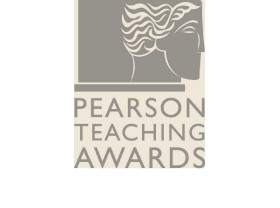
Case study: UK examination awarding bodies
Since becoming involved in the English examinations system in 2003 through acquiring the awarding body Edexcel, Pearson has drawn on cross-company technological and assessment expertise to make major strategic investments in on-screen marking and other sector-leading initiatives. Through this investment, Edexcel has built a reputation for innovation andreliability in the UK qualifications sector.
A series of media reports in December called into question the integrity and credibility of the exams system based on an investigation into events for teachersrun by the major awarding organisations in the UK.
We have recognised that changes need to bemade to the way awarding bodies hold and manage events and have introduced a series of changes to enable a much greater degree of transparency and public scrutiny. These changes include events being recorded and audited. Our statements can be viewed here. We have also launched a major public consultation programme on the future direction of standards in the education system in the UK at http://www.leadingonstandards.com/

